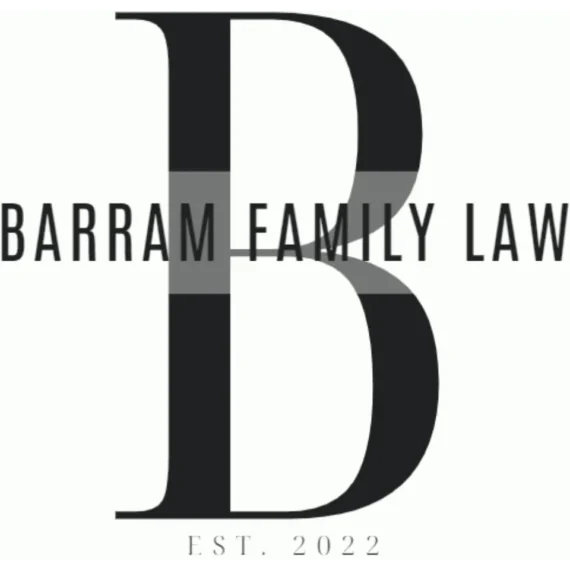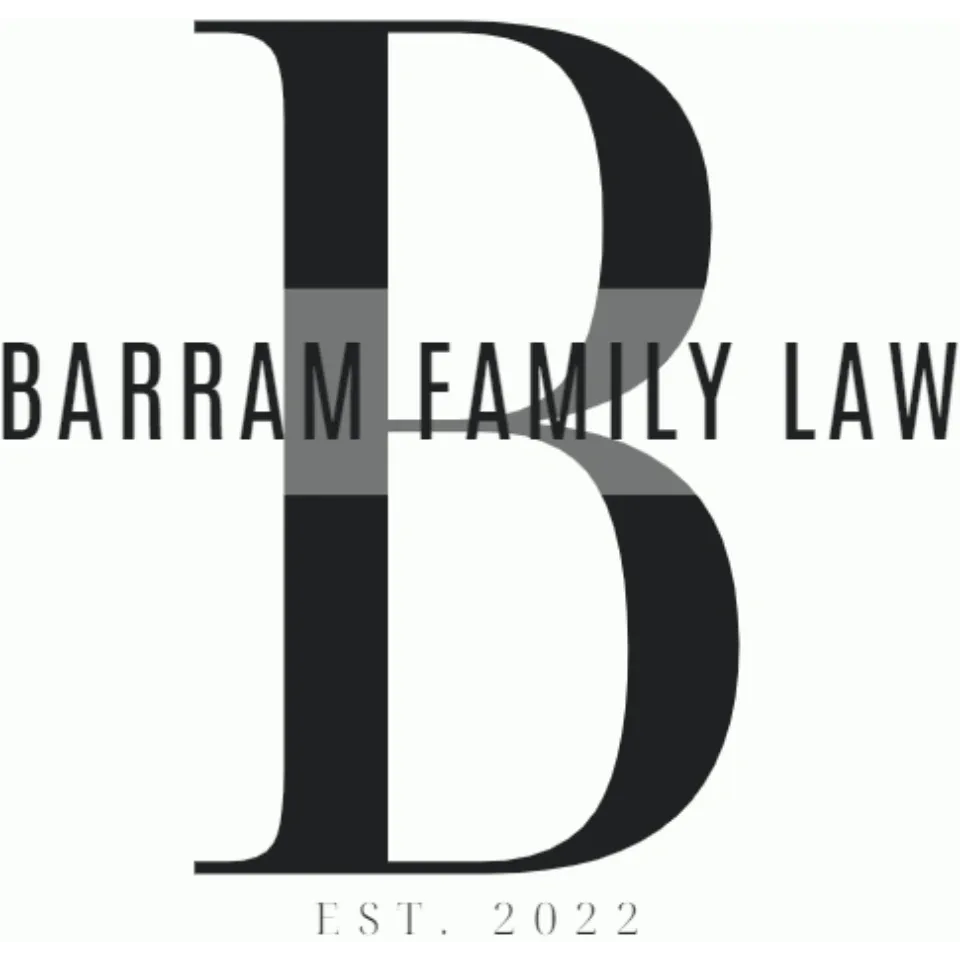How old do children need to be to decide who to live with?
17 January 2023
In parenting matters, the expressed wishes of a child are relevant by virtue of section 60CC(3)(a) of the Family Law Act.
Such provision states that, in determining what is in a child’s best interests the Court must consider, amongst other factors:
“any views expressed by the child and any factors (such as the child’s maturity or level of understanding) that the court thinks are relevant to the weight it should give to the child’s views…“
Often, but not always, children around the age of 12 begin to possess sufficient maturity and understanding to properly inform themselves as to the advantages and disadvantages of arrangements which would affect them, including which parent they are to primarily live with.
Sometimes children reach the necessary level of maturity and understanding earlier. Other times children reach such levels later, or not at all. There is no fixed age and it all depends on the individual child.
The reason behind an expressed wish (desire) will also be considered. A desire held/expressed because it is a genuine desire formed through proper consideration of relevant factors would of course be given greater weight than a desire held/expressed due to something untoward, like undue parental pressure, enmeshment, coaching, unconscionable influence et cetera.
Further, and probably most importantly, although the properly informed wishes of older children are commonly reflected in Court outcomes, children’s wishes alone do not determine the outcome of matters. The Court must consider all relevant factors in determining what is in a child’s best interests.
Australia has 30+ years of jurisprudence (case law or ‘authorities’) on this topic, and 27 years of jurisprudence on section 60CC(3)(a) of the Family Law Act 1975 (Cth) as it is currently drafted.
Some important decisions dealing with the concept of the wishes of a child in parenting matters follow.
Secretary, Department of Health and Community Services v IWB and SMB (1992) 175 CLR 218
(Child lacked capacity)
This was a High Court of Australia decision concerning a 14 year old with, inter alia, what was described as an intellectual disability. For asserted medical reasons, the child’s parents applied to the Court for an Order authorising that she undergo a hysterectomy and ovariectomy (referred to in the decision as a ‘sterilisation’ procedure), or alternatively that they were able to lawfully authorise such procedures. The High Court held that parents could not authorise such procedures, but that the Court could. This case highlights that some children will never possess the level of maturity and understanding required to make informed decisions on issues which will impact them.
H and W (1995) FLC 92-598
(Reasonably young children’s wishes should be given real weight in certain circumstances)
Here the children were seven and eight years old. In the initial trial a Judge Ordered that the children live with the mother. Such Order was made even though the children had expressed a strong wish to live with the father where there was evidence that the mother’s new partner had excessively and inappropriately physically disciplined the children. The father appealed the trial Judge’s Order. The Full Court of the Family Court of Australia ultimately held that the trial Judge failed to give appropriate weight to the children’s wishes in the circumstances and Ordered that the children live with the father and spend alternate weekends and some school holiday time with the mother.
R & R: Children’s Wishes [2000] FamCA 43
(Other factors may ‘usurp’ children’s wishes)
The wish of a ten and twelve year old to live with their father was found to be inconsistent with the children’s best interests where the trial Judge was concerned, due to certain evidence which was accepted, about “…the husband’s open disregard for the wife’s viewpoint, his apparent lack of respect for legitimate opposition she has expressed to unilateral decisions he has taken and his apparent difficulty in acknowledging her role in the children’s lives“, and “…the husband’s limited insight into the effect of his conduct on the children’s future balanced development.“
Bondelmonte v Bondelmonte & Anor [2017] HCA 8
(Reasons behind views held by older children considered — other factors must be taken into account)
Here the father, whilst holidaying in the United States with the children (15 and 17), advised the mother that he and the children would remain living in the United States. The father then failed to return to Australia with the children. Consequently, the children missed an interview with a family consultant necessary for the preparation of an Australian Family Law Court Report required by an interim parenting Order that was made before the children had flown to the United States. In response, the mother filed an application seeking Orders for the children to be returned to Australia to live with her. Both children expressed a wish to remain living with the father in the United States. The trial Judge Ordered that the children live with the mother, or if they did not wish to live with the mother, with other named persons in Australia. In determining the matter, the Judge considered the weight of the children’s views to be “weakened by the circumstances which ha[d] been contrived by the father“, namely unilaterally keeping the children in the United States for a period of time in frustration of the aforementioned interim Order. The matter ultimately before the High Court of Australia via appeal lodged by the father. The High Court dismissed the appeal, holding that the trial Judge did not err in discounting the children’s expressed preferences to remain in New York because he formed an adverse view of the father’s actions, and that the extent to which the boys’ views had been influenced by the father was relevant to the weight to be given to those views.



